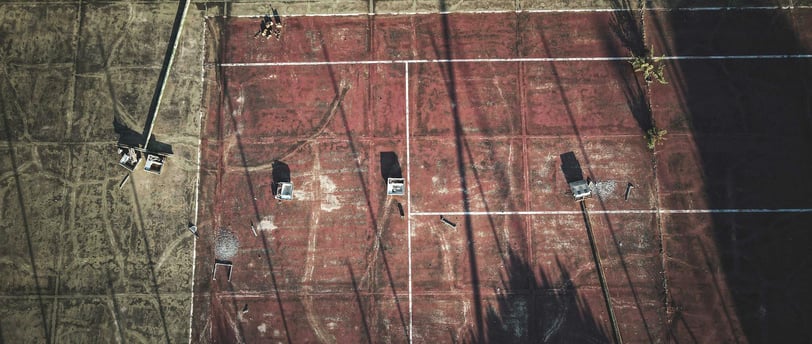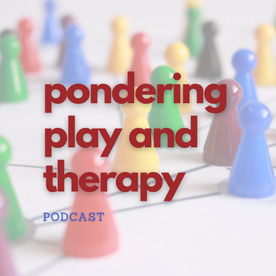Where Have All the Play Spaces Gone? A Reflection on Poverty, Deprivation, and the Right to Just Be a Kid
A heartfelt reflection on how poverty and austerity have impacted children’s play spaces across the UK—from parks and youth clubs to street corners and community centres. Why it matters, and what we can do.
Philippa and Julie
5/9/20253 min read


There’s something quietly devastating about watching spaces disappear—not just any spaces, but the ones where children and young people can simply be. Spaces where they can hang out, get up to a bit of mischief, feel free, feel safe. This loss has been a recurring theme in our conversations, especially while speaking with people in places like Newcastle, Stoke-on-Trent, London, Cornwall, Bristol—anywhere and everywhere. It’s clear: poverty and deprivation are eroding our communities, and it’s the youngest among us who are paying the price.
The reason we’re doing this podcast—and writing this blog—isn’t to teach, instruct, or even to offer solutions. It’s to hold space for reflection. To shine a light on what’s been lost, and why that loss matters. We're talking about the simple right to play, to hang out, to gather. Whether it's a skate park, a youth club, a patch of grass behind the flats, or a corner shop where teens can loiter and laugh—it matters.
Yes, there are still wonderful spaces out there. But let’s be honest: there are far fewer than there used to be. Over the last 10 to 15 years, during a period of intense austerity, local councils have been forced to make impossible choices. Budgets were slashed. Services cut. And with that, we saw the slow disappearance of summer play schemes, toy libraries, Sure Start centres, youth clubs, and youth workers—many of the very things that used to hold the fabric of a community together.
If you’re a family living with limited financial resources, these cuts hit especially hard. You might not be able to afford a climbing wall, or a structured after-school club, or a nursery that offers enriching experiences. What disappears with those unaffordable options is more than fun—it’s opportunity. It’s access. It’s a chance to build confidence, independence, and resilience in informal, self-directed ways.
We’re not saying every park or community space needs to be a curated, perfect place. But we are saying they need to exist, and they need to feel safe and welcoming. Growing up in Stoke-on-Trent—ranked 13th out of 317 areas for deprivation in 2019—I’ve seen firsthand what happens when those spaces deteriorate. Overflowing bins, broken glass, used needles, abandoned shopping trolleys. Yes, there are parks. But would you want to send your kids there? Would they want to go?
The issue isn’t just about a few untidy streets or neglected play areas. It’s about the broader social impact when communities aren’t cared for. These neglected environments can mirror back to young people a message: You don’t matter enough for this place to be looked after.
And this isn’t about blaming councils or public servants. They’re under immense pressure, often doing the best they can with what little they have. The issue is systemic. When funding dries up, priorities are triaged. Sadly, play, youth services, and community spaces often don’t make the cut.
When we talk about the right to play, we’re also talking about the right to grow up with dignity. Not everything in a child’s life should have to be paid for, organised, or overseen by adults. There’s something uniquely empowering about unstructured time and space—rolling down a hill, sitting on a swing, talking nonsense on a street corner. These moments build self-confidence, relationships, and community.
We want to return to a time when you didn’t have to “book in” to be a child. Where you didn’t need money to hang out safely. Where a park keeper might nod hello and make sure things stayed in good shape. Maybe it’s nostalgic. Maybe it’s idealistic. But we think it’s also necessary.
This week on the podcast, we’re diving deeper into these issues—how they’ve changed over the years and what they’ve meant for families like ours and others. We hope you’ll join us—not just to listen but to think about how we can all fight for spaces that let kids be kids.
